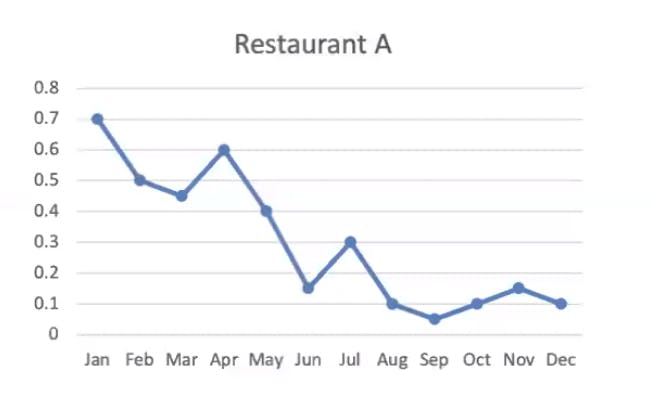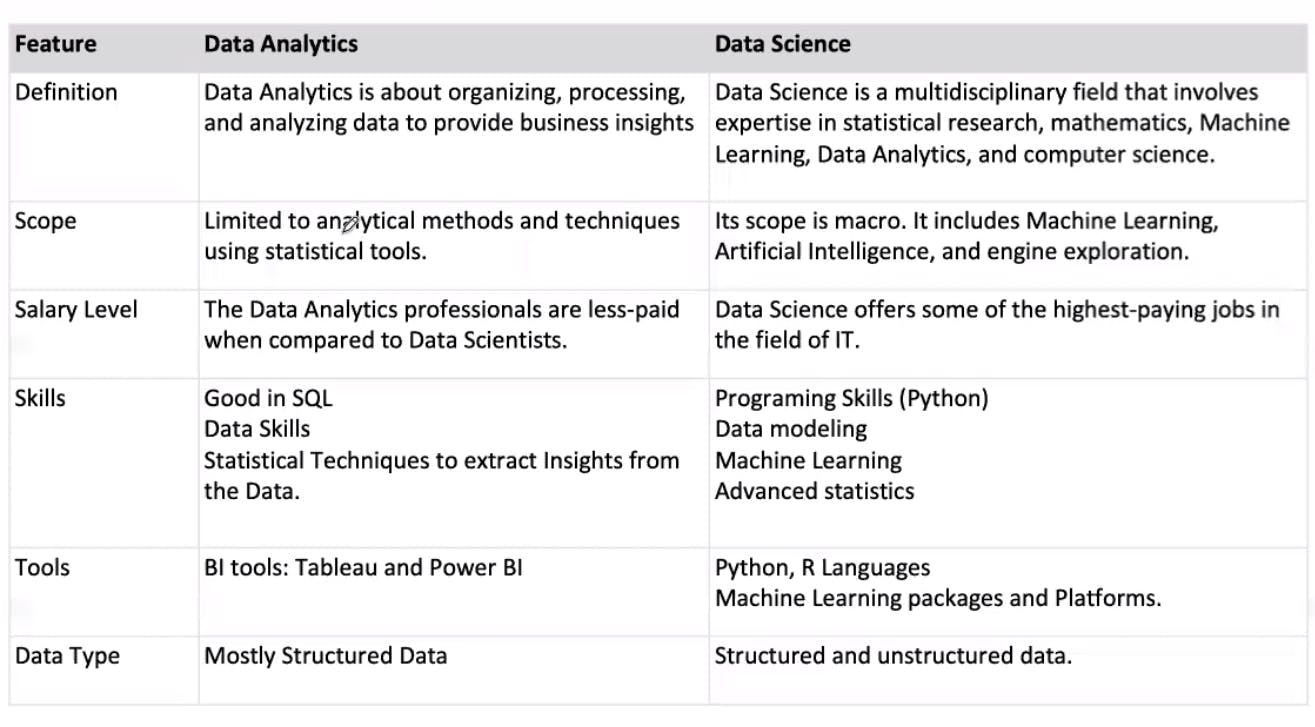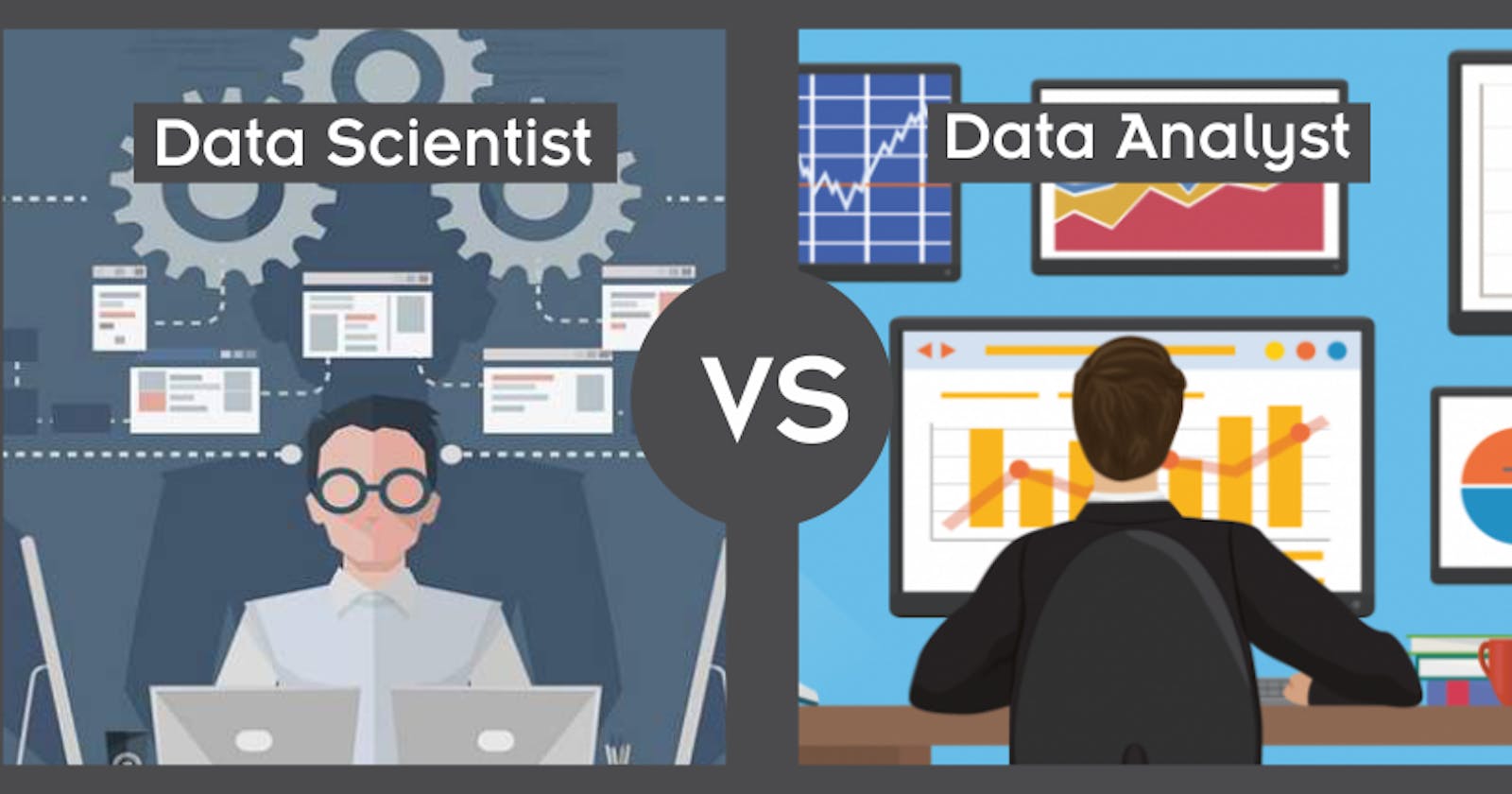Data Science vs Data Analytics: Understanding the Differences and Choosing the Right Career Path
In today's digital age, data is a valuable asset for organizations. It provides insights into consumer behavior, market trends, and business performance, enabling companies to make informed decisions. However, raw data is just numbers and figures that are meaningless without proper analysis. That's where data science and data analytics come in.
What is Data?
Data refers to any information that can be stored or processed by a computer. It can be structured, such as spreadsheets or databases, or unstructured, such as images, audio, and video files. Data can be analyzed to reveal patterns, trends, and insights that are vital for business decision-making.
Restaurant Business Expansion Example
Imagine you're a restaurant owner who's been running your business for one year and you're considering expanding your branches. There are several factors you need to consider before making a decision.
Firstly, you need to look at your revenue and profit margins. Let's say you have two restaurants to choose from. Restaurant A generated $3.6 million in revenue, with a profit of $2.5 million, which is almost 70% profit margin. On the other hand, Restaurant B generated $2.4 million in revenue, with a profit of $1 million, which is less than 50% profit margin.
At first glance, it seems like Restaurant A would be the obvious choice to expand, but there's more to the story. Look at these charts, you'll realize that the revenue for Restaurant A was high in the first few months but decreased gradually over time, while Restaurant B's revenue increased gradually throughout the year.


Now you have a more holistic view of the situation, and it changes your decision. Instead of expanding Restaurant A, you decide to expand Restaurant B, which has a more sustainable growth pattern.
This is where insights come into play. Insights are the data, visualization, and reports that organizations collect to make informed decisions. In our case the revenue and profit margins. These insights businesses avoid making decisions based on partial data that can easily mislead.
The purpose of Data Science or Data Analytics is to transform raw data into valuable insights from which you can make data-driven decisions. These decisions are the key factors for any business's success.
Data Analytics
Data analytics is the process of examining data using statistical and quantitative methods to identify patterns, draw conclusions, and make decisions. It focuses on structured data and uses techniques such as descriptive and inferential statistics to analyze data. Data analysts use tools such as Excel, SQL, and Tableau to extract insights from data.
Data Science
Data science is an interdisciplinary field that involves using machine learning, statistical modeling, and computer programming to analyze and derive insights from data. It deals with both structured and unstructured data, including text, images, and signals. Data scientists use tools such as Python, R, and SQL to build predictive models and develop algorithms to automate data analysis.
Data Analytics vs Data Science

When it comes to learning, Data Science requires approximately 8-10 months of dedicated effort, working 20 hours a week, to be able to enter the job market. On the other hand, Data Analytics requires only about 4-6 months of study, making it a quicker option for those looking to get into the field.
One of the reasons Data Analytics is in high demand is that a significant portion (80%) of business decisions are made based on structured data. This gives Data Analytics an edge over other fields, as it is well-positioned to provide insights for these decisions.
Another advantage of Data Analytics is that it does not necessarily require programming knowledge. Therefore, professionals from non-IT backgrounds can enter the field and become successful data analysts. In fact, around 70% of data analysts come from non-IT backgrounds.
It is worth noting that Data Analysts may earn less than Data Scientists. However, compared to traditional IT professionals, Data Analysts can earn 30-40% higher salaries. This makes Data Analytics a lucrative field for those looking to start their careers in the data-driven business world.
Skills

Choosing the Right Career Path
Choosing the right career path depends on your interests, skills, and career goals. If you have a background in statistics and want to work with structured data, data analytics may be the right choice for you. On the other hand, if you are interested in advanced machine learning techniques and want to work with both structured and unstructured data, data science may be the right choice.
The job market for both fields is growing rapidly. According to the US Bureau of Labor Statistics, the employment of data analysts and data scientists is projected to grow by 25% and 15%, respectively, from 2019 to 2029. Salaries for both fields are also competitive, with data analysts earning an average of $67,000 and data scientists earning an average of $118,000 per year.
FAQs
- Can AI replace Data Science/Data Analytics?
Answer: AI is a tool used in Data Science and may automate certain aspects of Data Analytics, such as report generation. However, Data Scientists and Data Analysts can't be replaced by AI, as they provide insights that require human judgment and intuition.
- Will Data Analysts survive among other thriving IT career paths?
Answer: Yes, Data Analysts have future-proof jobs in this ever-changing world. They possess a unique human sense that allows them to cleanse data and provide meaningful insights.
- Are Data Science and ML the same thing?
Answer: No, ML is a tool used in Data Science that utilizes algorithms to learn from data and make predictions. Data Science is a broader field that encompasses several areas, including ML, AI, and statistical modeling.
- What's the difference between Data Science and Data Engineering?
Answer: Data Engineering is like a prerequisite for Data Science. Data Engineers gather and clean data, while Data Scientists analyze and derive insights from that data.
- Which field has a better freelance market, Data Science or Data Analytics?
Answer: Data Science has a better freelance market due to the specialized skills required. However, Data Analytics also has a good freelance market, and it's an excellent way to start your career in the field.
- Where should I start learning about Data Science/ Data Analytics?
Answer: There are various resources available online such as free courses, tutorials, and books. It's important, to begin with a basic understanding of statistics, mathematics, and programming languages like Python or R. Once you have the fundamentals down, you can move on to learning about data visualization, machine learning, and data mining. Participating in online communities and attending workshops or conferences can also be beneficial for networking and gaining practical experience. Finally, it's important to continually practice and apply your knowledge through projects and real-world applications to solidify your understanding and build a strong portfolio.
Conclusion
To summarize, data analytics and data science are two separate yet interconnected domains that play a significant role in propelling data-based growth. These fields offer promising career opportunities, and the selection between them relies on an individual's abilities, interests, and career aspirations. Irrespective of which career path one chooses, keeping oneself updated with the latest advancements and continuously learning new skills is vital to stay relevant in this rapidly-evolving arena.
